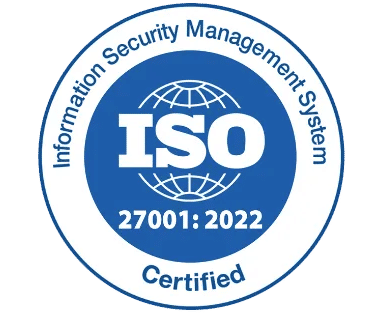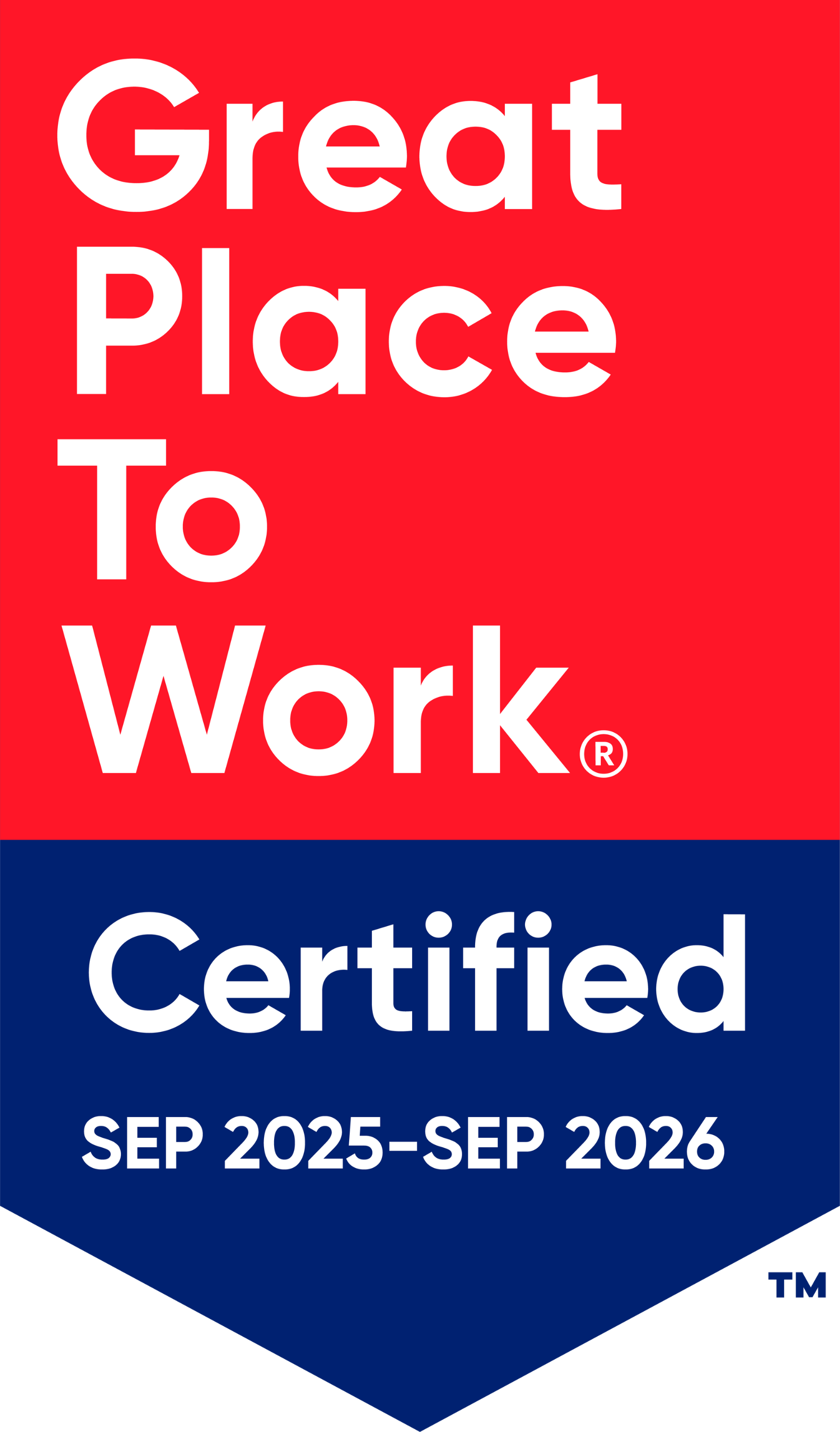Manufacturing Contract Management for Businesses
Manufacturing contract management helps businesses streamline agreements, track compliance, and manage supplier relationships efficiently to reduce risks and improve operations.

Why Manufacturing Contract Management is Vital
Effective contract management is crucial in the manufacturing industry, where complex agreements with suppliers, distributors, and customers are integral to operations. Automating contract management processes has saved legal professionals up to 82% of their time, highlighting the efficiency gains achievable through modern contract management solutions.
Proper management ensures that both parties are aligned on expectations, timelines, quality standards, and payment terms.
With well-structured agreements, companies can reduce operational risks, mitigate conflicts, and foster long-term, productive relationships with their contract manufacturers.
Challenges in Manufacturing Industry While Managing Contracts
While contract manufacturing offers numerous advantages, it also presents unique challenges. Here are some of the common obstacles companies face.
- Supply Chain Complexity
Managing multiple suppliers, each with their own production schedules and capabilities, can lead to miscommunication and delays. The challenge lies in ensuring all parties remain synchronized throughout the contract’s lifecycle. - Manual Errors & Data Silos
In many companies, contract management is still done manually, using spreadsheets or paper contracts, which can easily lead to errors, lost documents, and inconsistent data. Without an automated system, keeping track of contract versions and updates is labour-intensive and prone to mistakes. - Lack of Transparency
Many manufacturers struggle with tracking contract fulfilment and performance. Without transparency in the process, companies may not get an accurate understanding of where things stand, leading to operational inefficiencies. - Poor Contract Visibility & Renewals
Many companies lack an automated system to track contracts. This makes it difficult to stay on top of contract renewals, expirations, and revisions. Missing these critical dates can result in unintentional contract lapses or auto-renewals that are not in the company’s best interest.
Key Components of Manufacturing Contract Management
To achieve a streamlined contract management process, manufacturers should focus on the following core components
1) Contract Creation & Negotiation
The first step in contract management involves creating a legally binding agreement that sets clear terms for pricing, payment schedules, quality standards, delivery timelines, and penalties for non-compliance.
This phase often includes back-and-forth negotiations between manufacturers and suppliers to ensure that both parties can meet their obligations.
2) Compliance & Regulatory Adherence
Manufacturing contracts should clearly outline the responsibilities of both parties to ensure that they adhere to agreed-upon standards and expectations.
This includes ensuring that products meet quality expectations and that deadlines for delivery are met. Maintaining compliance with these agreed terms helps build trust between both parties and ensures the smooth flow of operations. Reliable manufacturing contract management will help prevent misunderstandings and disputes down the line.
3) Risk Mitigation & Supplier Evaluation
Contract management involves identifying potential risks associated with suppliers, such as financial instability, quality concerns, and delivery issues. Evaluating supplier history and conducting thorough background checks can mitigate these risks.
4) Automated Contract Tracking
A critical aspect of contract management is ensuring that contracts are monitored throughout their lifecycle. Automated contract tracking ensures that key milestones, expiration dates, renewal periods, and other important dates are flagged, preventing lapses or missed opportunities.
Stay in control of your contracts. Track, manage, and renew agreements seamlessly.

Benefits of Contract Manufacturing Management?
1) Reduces Operational Risks
A well-managed manufacturing contract management helps reduce risks that could lead to supply chain disruptions or financial penalties. For instance, a detailed contract outlining penalties for missed deadlines ensures that manufacturers can take legal action if a supplier fails to meet expectations. It also helps prevent miscommunication, which could lead to costly errors in production.
2) Enhances Supply Chain Efficiency
Managing multiple suppliers can often be complex and time-consuming. However, standardized contracts help manufacturers streamline the procurement process, ensuring that suppliers adhere to agreed-upon timelines, pricing, and quality standards. This, in turn, reduces delays and ensures smooth production operations.
3) Ensures Regulatory Compliance
Manufacturing industries are subject to numerous regulations that require compliance, such as safety standards, environmental regulations, and international trade laws. Manufacturing contract management ensures that all these regulations are taken into account when creating and managing contracts. This reduces the risk of violating regulatory policies and ensures the manufacturer always stays compliant.
4) Improves Cost Control
Effective contract management enables companies to negotiate better pricing terms and avoid overcharges or penalties that could lead to higher-than-expected costs. By keeping track of contract clauses like pricing adjustments, discounts, and delivery charges, companies can control their overall expenses and improve profitability.
5) Enhances Supplier Performance Tracking
With clear performance expectations outlined in contracts, businesses can evaluate supplier performance through established KPIs, such as delivery timelines, product quality, and customer satisfaction.
Having access to this data allows manufacturers to assess their suppliers’ strengths and weaknesses and make informed decisions about future collaborations.
Features of Contract Manufacturing Software
- Automated Contract Creation
Contract manufacturing software often comes with pre-built templates that ensure consistency across all contracts. This reduces the time spent creating agreements and ensures that key legal clauses are always included. - E-signature & Approval Workflow
The ability to digitally sign contracts accelerates the approval process and eliminates the need for physical signatures.
The software also often includes a workflow for approval routing, ensuring that the right stakeholders are involved in the contract review process. - Contract Repository
A centralized manufacturing contract management provides easy access to all agreements, ensuring that contracts can be found and reviewed quickly.
This ensures that businesses can keep track of all contracts in one place, improving visibility and reducing the risk of lost documents. - Compliance Tracking
Contract manufacturing software often includes compliance tracking features, such as regulatory reminders and audit trails, to ensure that contracts adhere to necessary legal requirements and industry regulations. - Enhanced Team Collaboration
It enhances team collaboration by providing a centralized platform where internal teams, suppliers, and stakeholders can work together seamlessly.
It enables real-time communication and document sharing ensuring that all parties stay aligned on contract terms, updates, and approvals.
With role-based security and automated workflows, teams can organize decision-making and reduce miscommunication.
What is Contract Management Software for the Manufacturing Industry
Contract management software for manufacturing is a tool to handle the contract handling needs of the manufacturing supply chain. Unlike generic contract management tools, these solutions are designed to address the complexity of multiple supplier relationships, international regulations, and procurement integration.
- AI-Powered Contract Analysis
AI tools can analyse contracts for risk factors, compliance issues, and missing clauses, providing automated insights that help managers make more informed decisions. - Automated Contract Renewals
This feature helps businesses automate contract renewals, ensuring that they are always on top of contract expiration dates. - Supplier Risk Assessment
The software evaluates supplier risk through financial health checks, past performance, and contract adherence. - Audit Logs & Compliance Monitoring
All changes made to a contract are tracked, ensuring that businesses have a complete audit trail for compliance purposes.
Key Considerations for Implementing Contract Manufacturing Management
1) Scalability
When selecting contract manufacturing software, ensure that it can scale with your business. As your operations grow and your product range diversifies, your contract handling tool should be able to handle increased complexity.
2) Customization
The software should be customizable to suit the specific needs of the manufacturing industry. This includes industry-specific templates, compliance checks, and reporting formats.
3) Integration Capabilities
The software must integrate seamlessly with other business systems like Outlook, MS Teams and SharePoint for secure storage to ensure smooth data flow across platforms. CLM 365 is Microsoft certified app that provides robust security to your contracting process.
Contract Management for Different Manufacturing Sectors
1) Automotive Manufacturing
The automotive sector relies heavily on contract manufacturing due to the complexity and high volume of components required.
Manufacturers need to maintain strict quality controls, meet regulatory standards, and manage a vast supply chain.
It can help track multiple suppliers, monitor the supply chain, and ensure compliance.
2) Pharmaceutical Manufacturing
Contract manufacturing in the pharmaceutical industry plays a crucial role in ensuring that high-quality products reach the market efficiently.
To ensure smooth operations and regulatory compliance, manufacturers rely on robust contract management systems.
These tools help streamline processes, ensure quality control, and track key milestones throughout the production cycle.
By automating compliance checks and offering real-time updates the system helps maintain transparency, reduce risks, and foster stronger relationships between manufacturers and their partners.
3) Electronics Manufacturing
The electronics industry faces rapid technological advancements and high demand for cutting-edge products Manufacturing contract management helps monitor the production process, track component sourcing, and manage intellectual property rights. It is crucial to have agreements in place that cover technology transfers and IP protection.
4) Consumer Goods Manufacturing
With fluctuating demand and short production cycles, contract manufacturing in the consumer goods industry must be agile.
Contract management software for manufacturing helps manage inventory, ensure timely deliveries, and avoid stockouts or overproduction.
Automation and AI in Manufacturing Contract Management
Advancements in automation and artificial intelligence (AI) are transforming contract manufacturing management. The integration of AI can help automate several aspects of contract management, making the entire process more efficient and less prone to errors.
- Contract Generation
AI-powered tools can generate contracts based on pre-set templates, ensuring that all terms and conditions are consistent and relevant to the specific manufacturing process. - Risk Assessment and Mitigation
AI algorithms can analyse historical data and predict potential risks in the supply chain, such as delays, quality issues, or supplier failures. The platform can then provide recommendations for mitigating these risks. - Predictive Analytics
AI can use predictive analytics to estimate potential fluctuations in costs, market demand, or supplier performance, allowing businesses to make proactive adjustments to their manufacturing contracts.
Conclusion
Effective contract management software is essential for the manufacturing industry, ensuring smooth operations, compliance, and risk mitigation. Without proper tracking, businesses face supply chain disruptions, legal risks, and financial losses. Implementing contract manufacturing management software helps manufacturers automate processes, improve contract visibility, and enhance supplier performance.
With advancements in AI and automation, businesses can now streamline contract negotiations, reduce manual errors, and ensure compliance with industry regulations.
Smart Contracts, Better Supplier Relationship
Organize, track, and manage contracts securely—all in one place.
Frequently Asked Questions
Why is contract management software for manufacturing is important?
Contract management is essential in manufacturing as it prevents supply chain disruptions, ensures quality control, and reduces legal risks.
How do contract renewal alerts help manufacturers?
Contract renewal alerts prevent unwanted auto-renewals and ensure businesses have time to review terms, negotiate better deals, and adjust contracts as needed.
How does contract tracking help in supplier management?
It ensures suppliers meet quality, delivery, and pricing agreements, reducing risks of delays or defects.
How does contract manufacturing software improve efficiency?
It automates contract creation, tracking, compliance monitoring, and renewal reminders. It reduces errors, ensures compliance, and prevents missed deadlines.
How does contract management impact cost control?
Contract management helps businesses secure better pricing, prevent overcharges, and track expenses efficiently, ensuring cost control and improved profitability.




_svxLrd-8yH.png)

_2VYSFUTN5m.png)

_JiluXJRGNl.svg)

_2djTKNocf.png)





_Rapo0hRMBy.png)

















